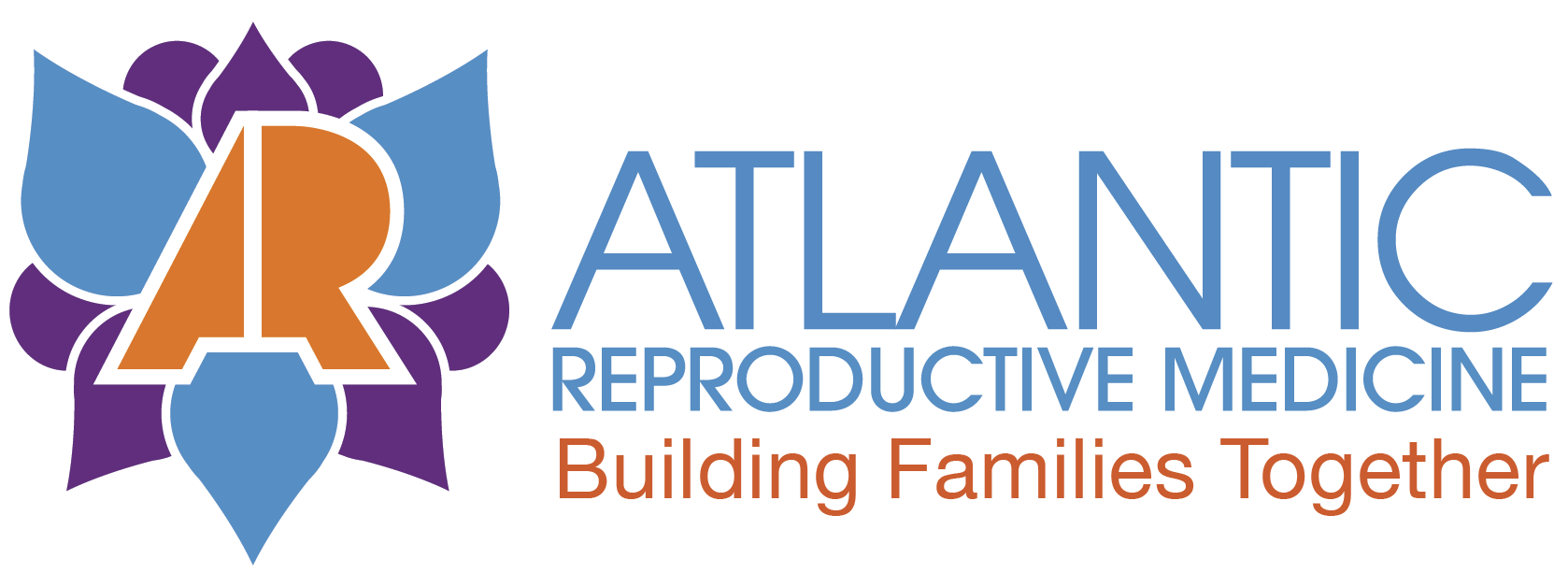What patients do and don’t eat can help support better outcomes
Couples seeking assisted reproduction should be aware that diet and nutrition can be an important part of overall fertility wellness. A study from Harvard School of Public Health looked at over 18,000 women and found that ovulatory infertility was 39 percent more likely in those eating high levels of animal protein compared to women who ate more peas, beans, lentils, tofu and nuts. A healthy plant-rich diet may increase the likelihood of becoming pregnant after fertility treatment. There have been multiple studies that conclude improving your diet can optimize your chances of conceiving. According to a number of reviews Harvard Medical School published on past studies that examined the impact of diet on fertility, here are some recommendations to maximize the chances of a healthy pregnancy:
- Try to maintain a healthy weight prior to conception as obese women have a higher risk of complications.
- Take your prenatal vitamins, but avoid excessive vitamins before conception. Too much vitamin A, for example, can be bad for a developing fetus.
- Cut down on or eliminate consumption of sugar-sweetened beverages. These beverages, especially sodas or energy drinks, were linked to lower fertility for men and women, while drinking fruit juice appeared to have no effect.
- Skip drive-through dining. Women who consumed high amounts of fast food and little fruit took longer to become pregnant than those with healthier diets.
- Consume more lower-mercury seafood. Women who did this were pregnant sooner than those rarely eating seafood. Most pregnant women consume less than the recommended 2 to 3 servings of lower-mercury fish (such as salmon, scallops, and shrimp) per week.
In addition, trans fat and unhealthy diets that are rich in red and processed meats, potatoes, sweets, and sweetened beverages, were found to have negative effects on the fertility process. Instead of only focusing on what not to eat, there are plenty of foods that could potentially support better fertility outcomes for couples. Read on for more suggestions.
Fertility Diet
A team of Harvard researchers conducted a “Fertility Diet” study and found women with ovulatory infertility who followed this eating pattern had a 66% lower risk of ovulatory infertility and a 27% reduced risk of infertility from other causes than women who didn’t follow the diet closely. Women following this “fertility diet” chose to eat:
- Less trans fat and more monounsaturated fat (from foods such as avocados and olive oil)
- More vegetable protein, like beans and nuts, and less animal protein.
- More high-fiber, low-glycemic carbohydrate-rich foods (including whole grains)
- More vegetarian sources of iron and fewer meat sources
- Multivitamins
- High-fat dairy instead of low-fat dairy such as a glass of whole milk or full-fat yogurt
In summary, eating more and a larger variety of vegetables, eating healthy monounsaturated fats instead of saturated and trans fats, making at least half your grains whole, and getting enough calcium-rich foods will help you meet your nutrient needs and promote a healthy weight.
Folic Acid
Most doctors recommend that women who are planning a pregnancy should take a prenatal vitamin at least a month before trying to conceive. A higher than usual dose of folic acid may be recommended for certain women, depending on their medications and/or any medical conditions they may have. Ideally, folic acid would not only come from supplements, but also from foods such as dark leafy green vegetables and fortified grains.
Other Vitamins and supplements
B vitamins, Omega-3s, and antioxidants support eggs, sperm, and carrying a healthy pregnancy. Increase your consumption of foods that can help you get these nutrients naturally, such as fruits, vegetables, and whole grains, in addition to supplementing your diet with a prenatal vitamin as soon as you start trying to conceive.
Good Fats vs. Bad Fats
Trans fats negatively affect fertility and overall well-being in both men and women. Avoid foods with trans fats including hydrogenated oils, packaged snacks, baked goods, fried foods, shortening, and some margarines. Choose heart-healthy unsaturated fats such as avocados, olive oil, nuts, seeds, and fatty fish including omega-3-rich fish, such as salmon, two times per week. Omega-3 fats can be found in flaxseed oil and walnuts, in addition to fish.
Keep a Healthy Weight
Women who are over or underweight have overall lower rates of fertility than women who have a healthy BMI. One reason is that being on either end of the weight spectrum can cause irregular periods and interfere with ovulation. Obese men may have issues as well. Low sperm counts and motility have been found more often in overweight and obese men than in normal-weight men. Excess weight also interferes with fertility hormones and can lower the odds that assisted reproductive technology (ART), such as IVF, will succeed. Incorporate healthy eating, movement and exercise into your healthy lifestyle to help achieve an optimal weight. A healthcare professional can help identify other disorders related to obesity that impact pregnancy such as thyroid disease, insulin resistance, and diabetes. People who eat more fruit and vegetables are ingesting more antioxidants and this can only be beneficial overall to a person’s health. Cut down on, or cut out, foods that are obviously not contributing to your wellbeing, such as sugary drinks, at any time but especially when you are considering undergoing fertility treatments. In addition to altering your diet, certain medications are harmful to the developing fetus and should be stopped well before planning a pregnancy. Schedule a preconception visit to review what you can do to optimize your chances of a successful pregnancy. We recommend scheduling your preconception counseling session 3-6 months before planning to achieve pregnancy. The team at Atlantic Reproductive Medicine Specialists looks forward to supporting you on your journey to conceive.

